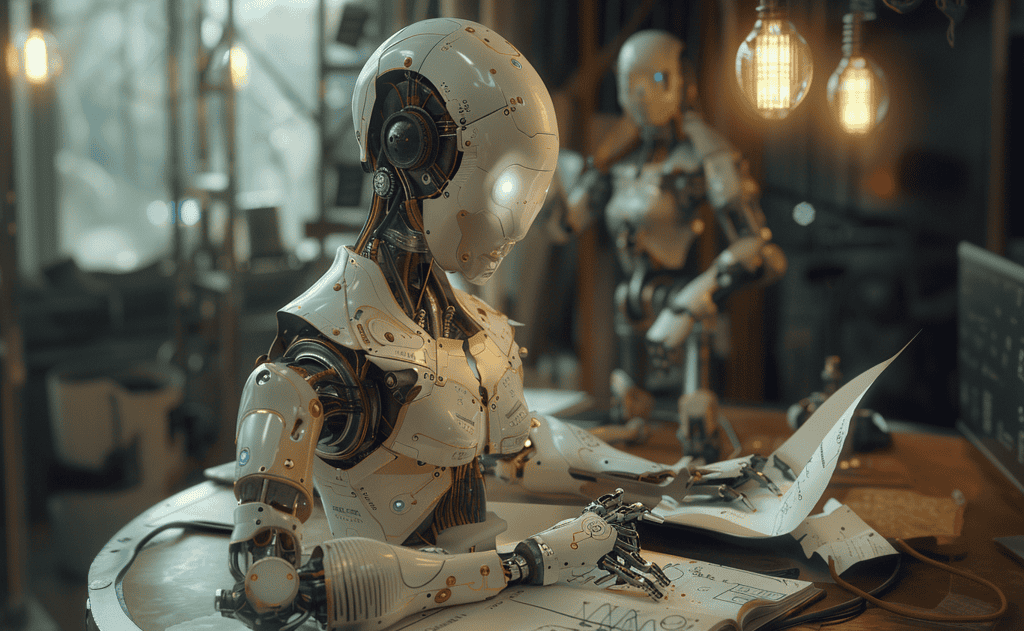In the significant legal ruling on December 20, 2023, the highest judiciary authority in the UK, the Supreme Court, asserted that only human individuals can be acknowledged as inventors within the realm of patent law, impacting Dr. Stephen Thaler’s case prominently. This judgement echoes the legislative language of the UK Patents Act of 1977.
Your understanding of the legal framework surrounding artificial intelligence (AI) and its role in the invention process must adjust in light of this ruling.
What’s essential for you to grasp is that the Supreme Court, aligning with preliminary rulings, confirmed that an AI cannot be regarded as an inventor. The implications of this are multifold:
- If you are an AI system owner, you cannot claim inventorship rights for creations generated solely by AI.
- Patent submissions listing AI as the inventor will be deemed incomplete and will be treated as withdrawn.
Implications on Patent Applications
In the scenario where an AI is solely responsible for an invention—like Dr. Thaler’s AI named DABUS—you should be aware that your application will not fulfill the criteria of inventorship as defined by current legislation.
It’s essential for you to name a human inventor to proceed with the patent application process.
AI-Assisted Invention Patentability
This judgement should not discourage you from pursuing patents for AI-assisted inventions.
Provided a human is credited as an inventor, and the innovation meets all patentability criteria, such patents can still be secured in the UK.
Anticipation of Legislative Evolution
As AI continues to evolve and integrate more deeply across industries, you may wonder whether laws will adapt to this technological progression.
Although the UK Government’s proactive stance on AI innovation remains unaffected by this decision, the definition of “inventor” and the potential rights respecting AI-generated inventions are subjects that might invite legislative reconsideration in the future.
Guidance and Decision Repercussions
For your current practices and future planning, note that the UK Intellectual Property Office (UKIPO) has, up to this point, chosen not to amend patent laws regarding AI. They have stated that there is no compelling evidence suggesting a need for change.
Should the role of AI in research and development surpass an assistive capacity, these questions are likely to resurface.










Comments
Samantha K.
Given the UKIPO’s current stance on not amending patent laws in light of AI advancements, do you foresee any challenges in the near future for innovators trying to protect their AI-assisted inventions?
Lydia T
Excellent question, Samantha. The tech industry’s fast pace might indeed outstrip the legal system’s ability to adapt, creating a precarious situation for innovators.
T.Chapman
Interesting read, Helen Cedeno. But doesn’t the current legislative stance restrict the potential of AI in innovation? If AI can create, shouldn’t the law evolve to recognize their contributions properly?